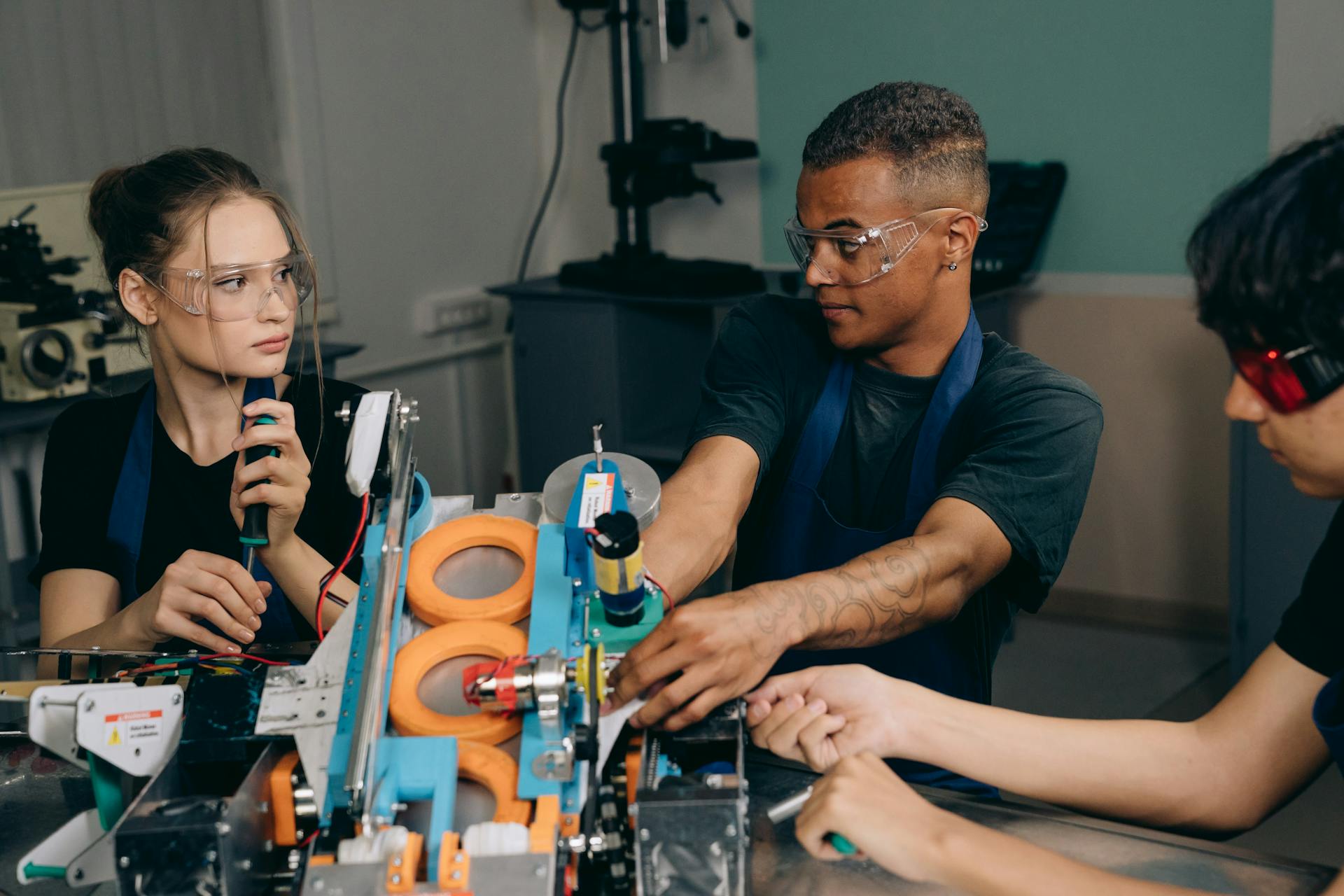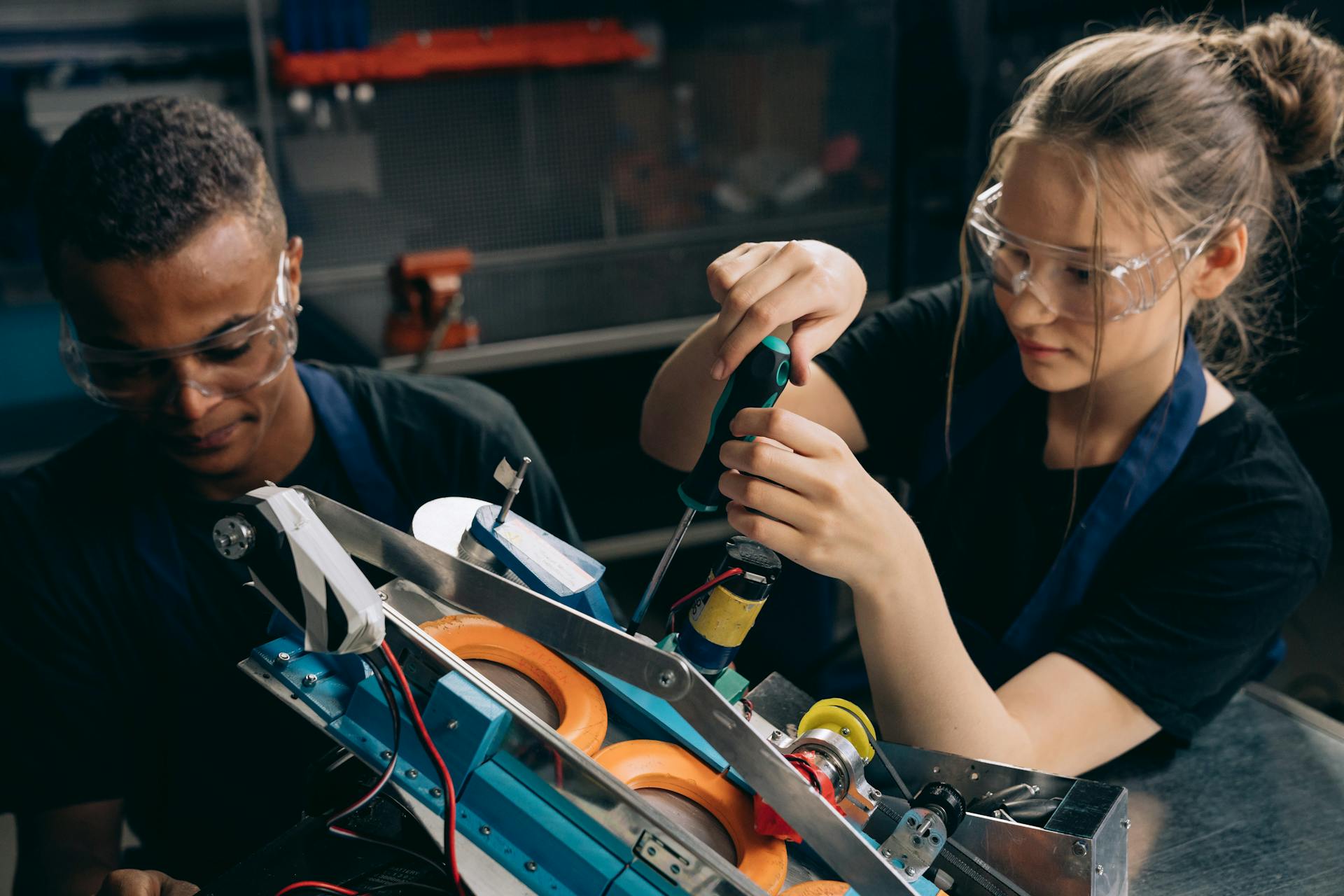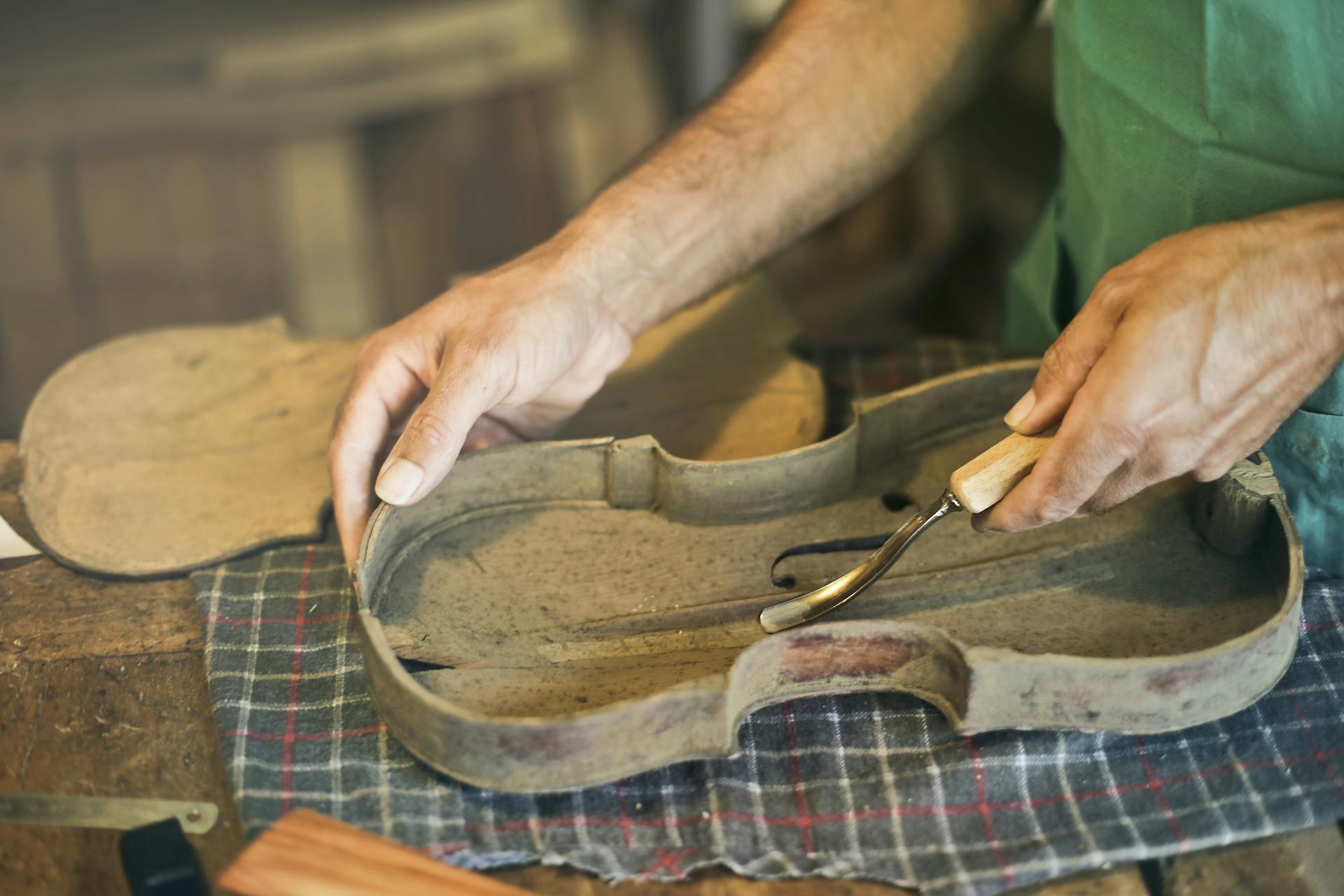
Discrete vs process manufacturing is a topic that every entrepreneur, manufacturer or smart device user should understand. Depending on the nature of your business or cases you're facing, knowing the difference between these two types of manufacturing can help you make important decisions and achieve success.
Discrete manufacturing refers to the production of distinct products made up of small components that can be easily counted and tracked. Examples include smartphones, laptops, cars, and toys. In contrast, process manufacturing involves creating goods through chemical processes or formulas that cannot be easily separated into individual units. Examples include food products, pharmaceuticals, and chemicals. Understanding the differences between discrete manufacturing and process manufacturing is essential in order to make informed decisions about which type of production method is best for your business.
Unlocking the key differences between discrete vs process manufacturing will not only help you make better business decisions but also enable you to optimize your production processes from start to finish. By choosing the right type of manufacturing for your products or business needs, you can ensure efficiency in your operations and deliver high-quality products that meet customer expectations. In this article, we'll delve deeper into both types of production methods so that you can gain a better understanding of how they work and decide which one is right for you.
See what others are reading: Production Planning
Discrete vs process manufacturing
Discrete manufacturing produces individual items, while process manufacturing involves transforming raw materials into finished goods using chemical, physical or biological processes. In other words, discrete manufacturing is about creating unique products, while process manufacturing deals with creating bulk quantities of the same product.
Process manufacturing is typically used by industries that produce goods in large quantities such as pharmaceuticals, food and beverage, and chemicals. Discrete manufacturing on the other hand can be used for a diverse range of products including electronics, furniture, toys and more.
For manufacturers, chances are they will use both process and discrete manufacturing techniques at different stages of their manufacturing process. Understanding which technique to use at any given stage can be crucial in ensuring efficiency and cost-effectiveness within the production line.
GMP vs GLP: Understanding the differences

GMP stands for Good Manufacturing Practice, while GLP stands for Good Laboratory Practice. These two standards are essential in the manufacturing industry, particularly for chemicals manufacturers. GMP is a set of guidelines that ensures products are consistently produced and controlled according to quality standards. Meanwhile, GLP regulates non-clinical laboratory studies that support research or marketing authorizations.
Understanding the differences between GMP and GLP is critical for businesses that operate within the manufacturing industry. While both standards share similar objectives, their scope and focus differ significantly. GMP is mainly concerned with ensuring product quality through effective production processes, while GLP primarily focuses on laboratory practices that support research and development activities.
In conclusion, mastering GMP and GLP requirements is essential for chemicals manufacturers who want to ensure product quality and compliance with regulations. This blog post has provided an overview of the differences between these two standards, which can help business owners make informed decisions about their operations. For more business tips related to discrete vs process manufacturing, check out our other articles that take just 6-8 mins to read!
Curious to learn more? Check out: Digital Marketing Strategy for Manufacturing Company
Understanding the Basics of Discrete Manufacturing

Discrete manufacturing is a production process that involves the creation of distinct, identifiable items such as cars, chairs, desks, smartphones, and other consumer goods. This type of manufacturing is different from process manufacturing in that it follows a nonparallel model where each item is produced separately from start to finish. For example, if you manufacture cars, you will need to assemble various parts such as engines, tires, body panels, and rearview mirrors to create a finished product.
Discrete manufacturing is utilized in many different industries including defense, automotive, electronics, and consumer goods. The main advantage of this method over process manufacturing is its ability to customize products according to customer needs. In addition to this flexibility, discrete manufacturing also allows for better quality control since each item can be inspected individually before it leaves the factory.
1. Disadvantages
Key disadvantage of discrete manufacturing practice is that system difficulties arise when it comes to keeping tabs on inventory levels. With a lot of different parts and components involved in the manufacturing process, it can be hard to track everything and make sure that there's enough raw material available to keep production running smoothly.
On the other hand, one potential downside of process manufacturing is that a warehouse is needed to store all the raw materials required for the production process. However, this can be easily managed with a standalone warehouse management system (WMS) software. Such program offers warehouse management features that allow manufacturers to easily track their warehouse activities, from receiving raw materials to shipping finished products.
On a similar theme: Production Management
Katana can help you with both discrete and process manufacturing with ERP software
Katana's manufacturing ERP software is specifically built to help both discrete and process manufacturing businesses with the essential tools needed to have a smooth production run. With Katana, you'll be able to manage all aspects of your manufacturing process from start to finish, ensuring that you can produce high-quality finished products every time.
For those in discrete manufacturing, you'll be happy to know that Katana's manufacturing ERP software is designed for batch-produced items. This means that you can easily track each product from start to finish using features like RFID tracking, lot tracking, and historical data tracking. With these tools at your disposal, you can ensure that each product meets your high standards and that any issues can be quickly identified and addressed.
For those in process-based manufacturing, Katana's software is equally useful. Using Katana's 14-day free trial, you can see for yourself how easy it is to manage the entire manufacturing process from raw materials through to finished goods. Whether you're producing food products or chemicals, Katana has the tools needed to ensure a smooth and efficient production run. So why not give it a try today and see how happy batch manufacturing can make you?
Explore further: Batch Records
Unleashing the Concept of Process Manufacturing

Have you ever wondered how your favorite dish is made? Or how assembling Lego sets operates? The answer lies in process manufacturing. Unlike discrete manufacturing, which produces distinct items like cars or phones, process manufacturing takes natural materials and turns them into finished products through sequential steps. This means that raw materials are transformed through a chemical conversion process that involves heat, time, and specialized equipment to create the finished goods.
So, imagine making brownies from scratch with special fudge, butter, and eggs as raw materials. Through process manufacturing, these ingredients are combined and transformed into delicious treats that we all love. Similarly, industries that employ process manufacturing include oil and gas, pharmaceuticals, and plastics. These industries take raw materials in their original state due to their natural properties and then convert them into finished products.
One of the benefits of process manufacturing is that it allows for better control over quality assurance. Each step in the production process can be monitored to ensure consistency in the final product. Additionally, there is usually a warehouse specializing in storing and transporting these finished goods to customers around the world. Overall, whether it's making brownies or creating complex chemicals for pharmaceuticals, process manufacturing plays a crucial role in our daily lives by turning raw materials into something useful for everyone to enjoy.
Curious to learn more? Check out: Bill of Materials
Process and discrete manufacturers use different processes to create products. Here's how the two differ and how these affect ERP and other technology selections.

Process and discrete manufacturers differ in the way they create products. Process manufacturers create products that are continuous or have a sequence of steps, such as chemicals or food, while discrete manufacturers make distinct items like cars or electronics. As a result, their manufacturing operations involve elements that vary significantly, leading to different basic functional criteria for ERP systems. Therefore, the ERP selection process should be tailored to meet the unique needs of each manufacturing type.
Frequently Asked Questions
What is processpro ERP?
ProcessPro ERP is a software solution designed to streamline and automate various business processes like accounting, inventory management, and production planning. It helps organizations achieve better operational efficiency by centralizing information and providing real-time visibility into their operations.
Can ERP software be used for discrete and process manufacturing?
Yes, ERP software can be used for both discrete and process manufacturing. It provides a comprehensive solution that streamlines operations, improves productivity and enhances profitability for both types of manufacturing processes.
What types of products are best suited for process manufacturing?
Process manufacturing is best suited for products that require a consistent and repeatable production process, such as chemicals, pharmaceuticals, food and beverage, and cosmetics.
How do discrete manufacturers measure cycle times?
Discrete manufacturers measure cycle times by tracking the time it takes to complete a single production cycle, from start to finish. This can be done through manual or automated methods, and is used to identify areas for improvement and increase efficiency in manufacturing processes.
What is the difference between process and discrete manufacturing?
Process manufacturing involves the creation of products that cannot be separated into individual units, while discrete manufacturing creates products that can be counted as separate units. Discrete manufacturing typically involves assembly line production, while process manufacturing utilizes chemical reactions or other processes to create a uniform product.
Featured Images: pexels.com


